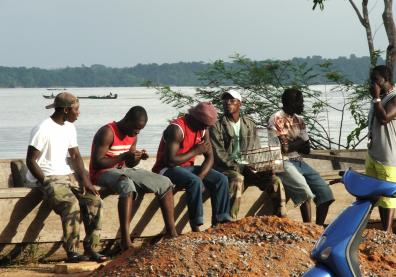Linguistic prejudice experienced by witnesses and legal practitioners speaking an African language: a South African case study

South Africa has 12 official languages that enjoy constitutional protection and promotion, however the legal system and profession are regulated through the sole use of English. In this presentation, I will provide an overview of the linguistic challenges facing witnesses and legal practitioners and the impact on access to justice and obtaining justice.
In doing so, I will provide a critique of the current monolingual language of record policy for courts and the effects thereof on the quality of interpretation in courts. I will identity and discuss the statutes and policies supporting an English only approach in legal education and legal practice. I will engage with various case law examples for purposes of practicality.
The presentation concludes with recommendations, including ongoing research projects, grounded in the discipline of forensic and legal linguistics, aimed at addressing the identified challenges.
About the seminar
The aim of this seminar is to support M2 and PhD students interested in the use of language practices in contexts such as the family, school, work, health or justice, traversed by issues of power and inequality. An important place is given to relevant methodological approaches and theoretical frameworks (interactional sociolinguistics, critical sociolinguistics, sociology of language, discourse analysis, linguistic anthropology, political anthropology etc.) and to the circulation of knowledge from varied geographical areas and academic traditions in order to link the study of language practices with contemporary socio-anthropological and political issues.
With the support of the Inalco Doctoral School and UMR SeDyL.